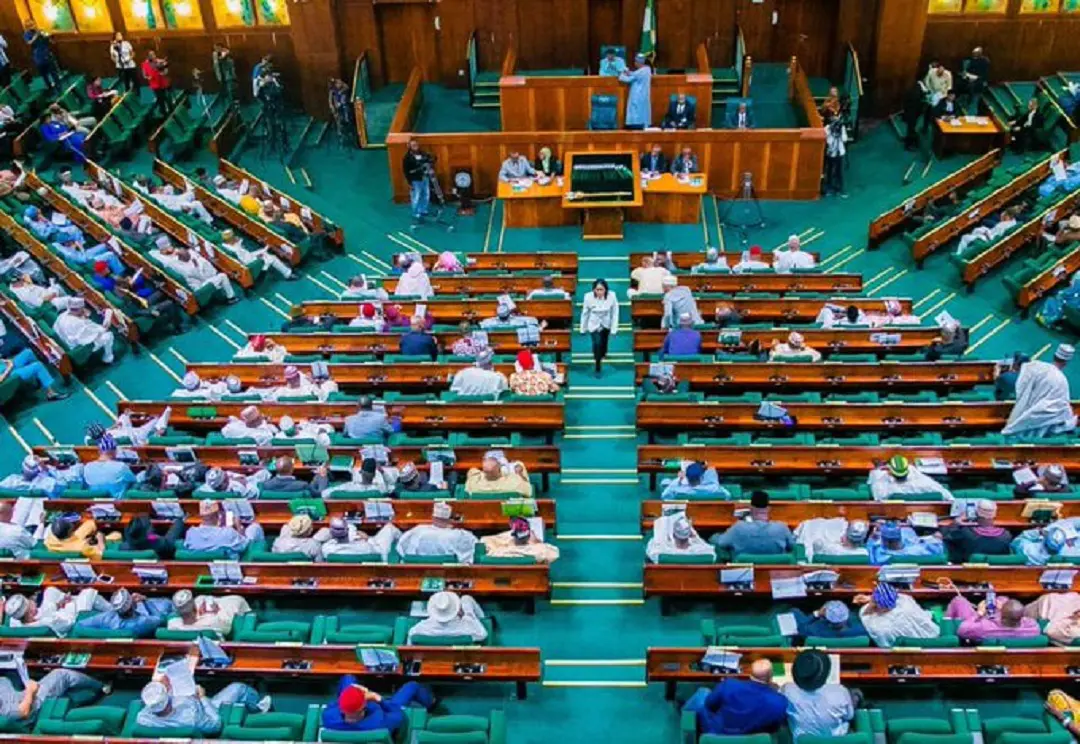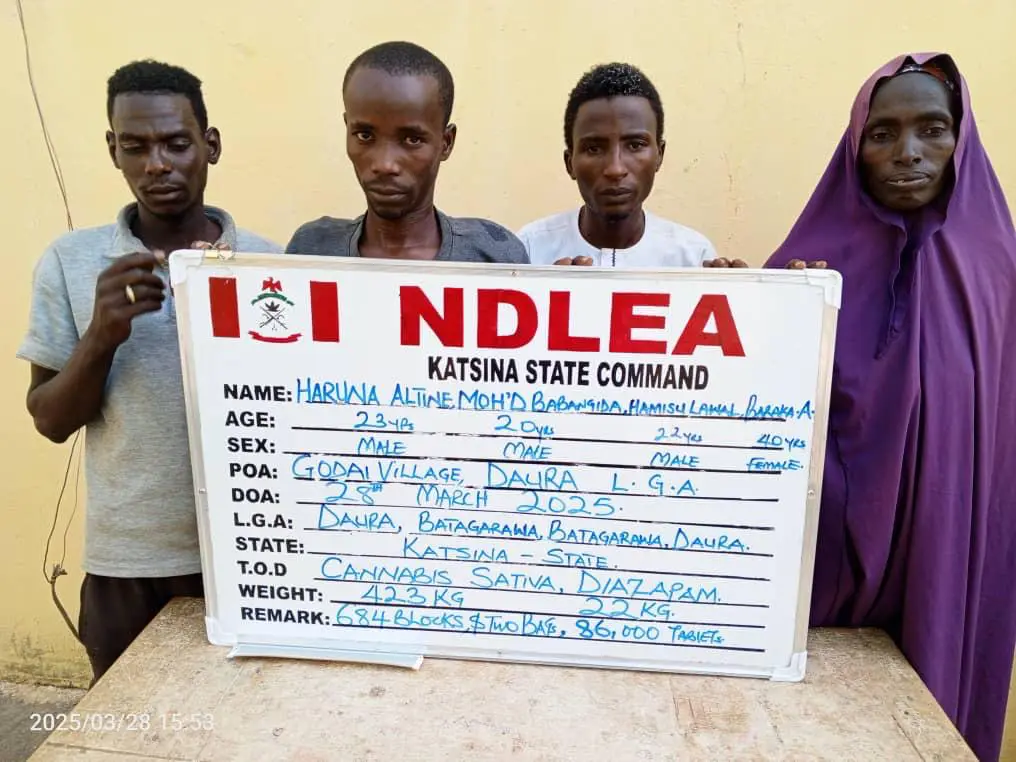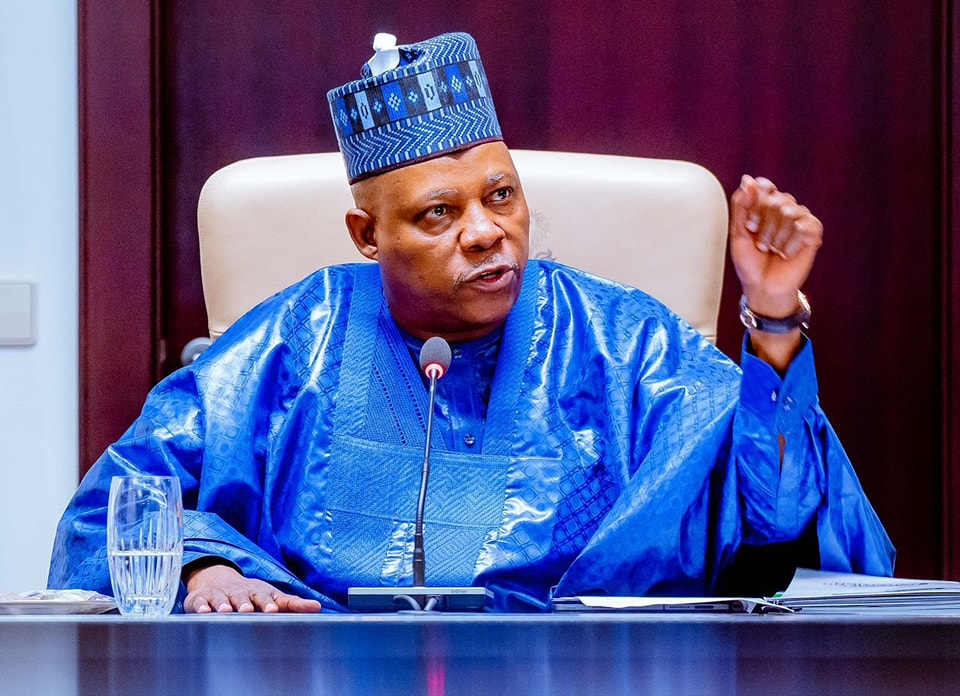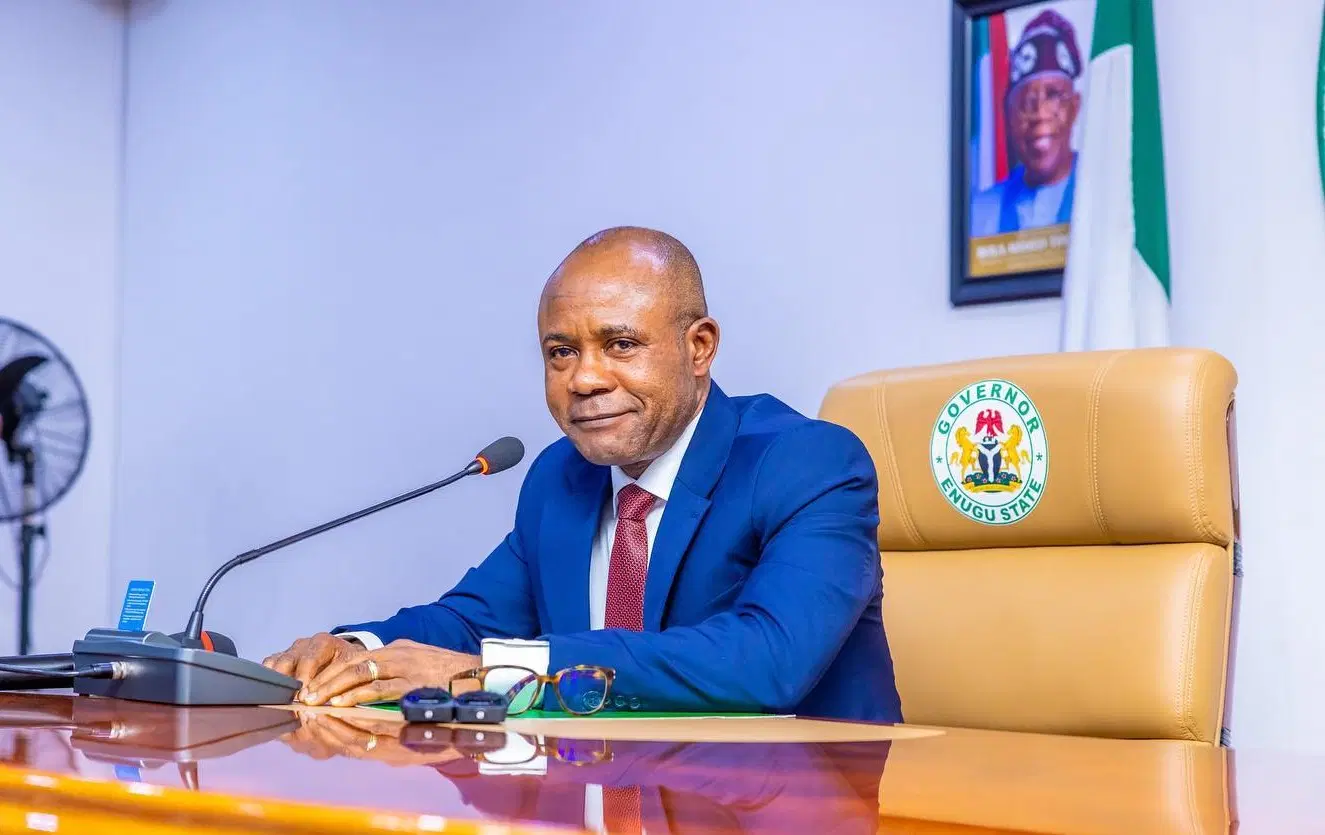In a bold move to address the growing concerns around cyber pornography, the Nigerian House of Representatives has directed the Nigerian Communications Commission (NCC) to block all pornographic websites across the country. This decision, spearheaded by Hon. Dalhatu Tafoki, an APC lawmaker from Katsina State, aims to curb the negative societal impacts of explicit online content.
Here’s a breakdown of what this means for Nigeria and why it’s sparking nationwide discussions.
The Motion: A Call to Action Against Cyber Pornography
During a recent session, Hon. Dalhatu Tafoki moved a motion highlighting the dangers of cyber pornography and the need for immediate action. He argued that Nigeria, as a highly religious nation, must uphold its moral values by prohibiting access to explicit content.
“Nigeria is a highly religious country where major faiths preach against and prohibit nudity and obscenity,” Tafoki stated. He also pointed out that several countries in Asia, Africa, and the Middle East have already enacted laws banning pornography, setting a precedent for Nigeria to follow.
The Psychological and Societal Impact of Pornography
Tafoki didn’t just stop at moral arguments—he backed his motion with warnings from psychologists and sociologists about the harmful effects of pornography. According to him, exposure to such content can lead to:
Adultery
Prostitution
Addiction
“Renowned psychologists and sociologists around the world have issued stern warnings on the psychological, sociological, and mental consequences of viewing pornographic content,” he emphasized.
The House’s Decision: A Unanimous Vote
The motion was put to a voice vote by Speaker Tajudeen Abbas, and it received overwhelming support from the lawmakers. The House then directed the NCC to:
Block all pornographic websites immediately.
Compel internet service providers (ISPs) to enforce the ban.
Impose penalties on any service provider that fails to comply.
This directive marks a significant step in Nigeria’s efforts to regulate online content and protect its citizens, particularly the youth, from the harmful effects of pornography.
Why This Matters for Nigeria
The decision to block pornographic sites is more than just a legislative move—it’s a reflection of Nigeria’s commitment to preserving its cultural and religious values. Here’s why this development is important:
Protecting the Youth: With easy access to explicit content online, young people are particularly vulnerable to its negative effects. This ban aims to create a safer digital environment for them.
Upholding Moral Values: As a nation with strong religious and cultural foundations, Nigeria is taking a stand against content that contradicts its core values.
Aligning with Global Trends: By joining other countries that have banned pornography, Nigeria is positioning itself as a leader in digital regulation and moral governance.
Challenges Ahead
While the move has been widely supported, it’s not without its challenges. Enforcing the ban will require:
Technical expertise to effectively block access to pornographic sites.
Cooperation from ISPs to ensure compliance.
Public awareness to educate citizens about the reasons behind the ban.
















Got a Questions?
Find us on Socials or Contact us and we’ll get back to you as soon as possible.